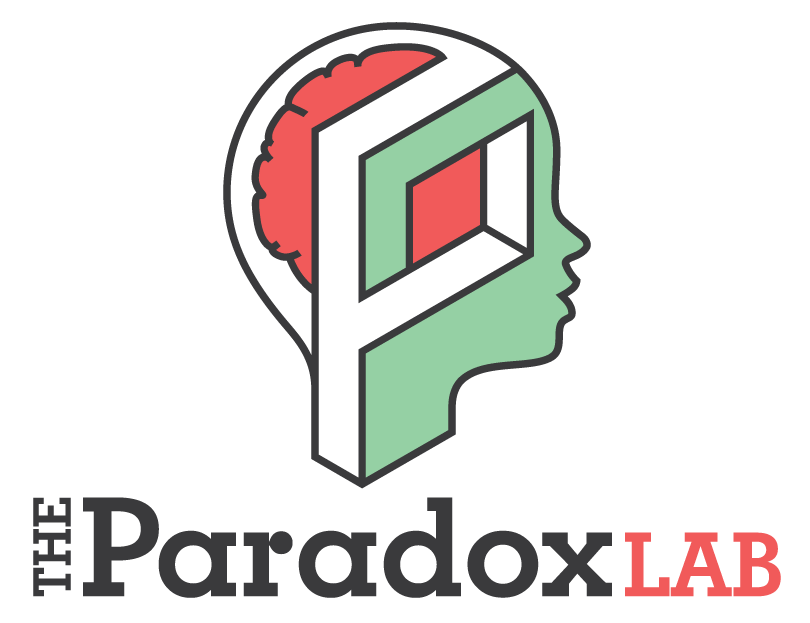Our Partners
Stanford University's Pre-Collegiate institute
Stanford’s Pre-collegiate Institute generously hosted our Puzzles About Consciousness program in Winter of 2017 and our Puzzles About Knowledge program in Winter of 2018. These were among its first programs in its Humanities Circle.
Institute for the Advancement of Philosophy for Children
Part of Montclair State University's Education and Human Services, the IAPC is the world's oldest organization devoted to young people's philosophical practice. Many of the methods used by the Paradox Lab are inspired by the methods developed by the IAPC. In these methods, first developed by Matthew Lipman in the 1970s, students are typically presented with a stimulus (an image or a story) and a question, which in some cases are generated by the students themselves. The students then proceed to discuss the question in accordance with a set of ground rules (e.g., respect for each other, respect for the inquiry, being honest about their uncertainties) and a set of turn-taking rules (e.g., offer one or two contributions per turn, call on the next student with a hand raised, talk only when it's your turn). In some versions, students are encouraged to label their moves and to reiterate the previous contribution, as a way of slowing down the inquiry and toencourage listening and relevance. Versions of this method have been used with kids as young as pre-school and videos are available on their website!
Challenge Bot
Challenge Bot is a Bay Area educational organization with the aim of empowering kids and adults to modify, create, and explore robotics by creating their own robots from scratch. Together with the Paradox Lab, Challenge Bot helps students understand the workings of simple robots, with simple sensors, motors, and computational processors, as a way of exploring philosophical questions about the human mind.
